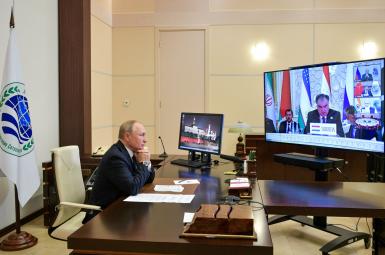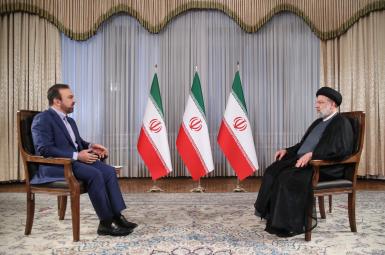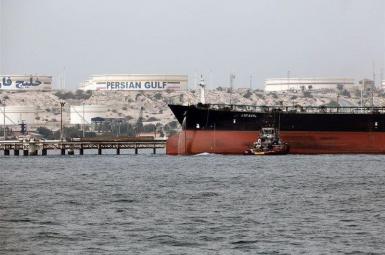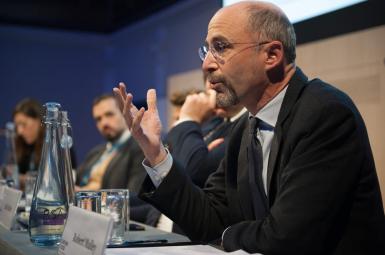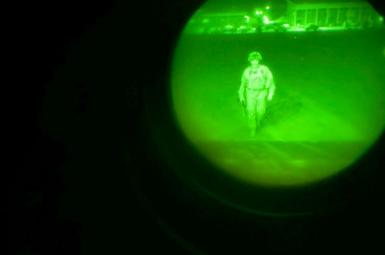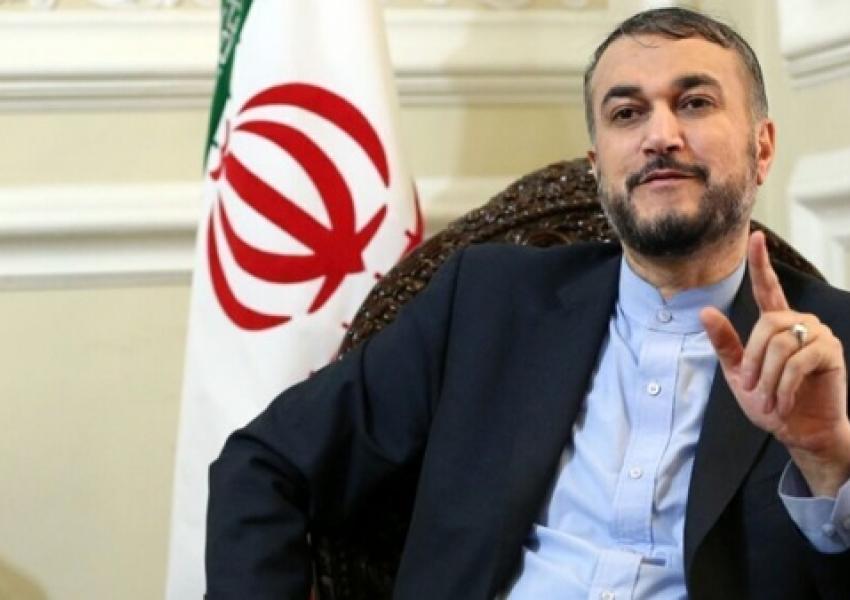
Iran's New Foreign Minister Says Negotiating With US Not A Taboo
Hossein Amir-Abdollahian, is the only minister in President Ebrahim Raisi's proposed cabinet who has started his work even before being officially nominated as the next Foreign Minister. He held a two-hour-long meeting with EU's representative Enrique Mora after Raisi's inauguration last week to convince he EU diplomat that Iran is adamant to return to the 2015 nuclear deal with world powers.
Amir-Abdollahian is a career diplomat whose previous positions at the Foreign Ministry were deputy foreign minister for Arab and African Affairs, and Iran's ambassador to Oman n 2016. However, he refused to go to Musqat and had to move on and join the Iranian Parliament as international affairs adviser to Majles Speaker Ali Larijani and his successor Mohammad Bagher Ghalibaf.
Reformist figures are quoted by Iranian media as saying that Amir-Abdollahian "is no Zarif". Some critics point to his broken English, comparing him with Zarif.
Meanwhile, he has has a working relationship with the IRGC, which goes back to his role as the man who was partly in charge of Iran's policy in the Arab and African affairs from 2011 to 2016, that is the first 6 years of Iran's military intervention in Syria. But the most important aspects of that policy were steered by IRGC’s Qasem Soleimani, who was killed in a US drone attack in January 2020.
Amir-Abdollahian is known to be an advocate of Supreme Leader Ali Khamenei's "Looking East" policy and Iran's 25-year pact with China. He has said in an interview published on Khamenei's website that "this century is the century of Asia." Amir Abdollahian also has said that he believes Soleimani was "a military strategist and a professional diplomat."
He has been quoted by various political figures as saying that Soleimani appears in the dreams of many individuals and inspires them about Iran's strategy in the Middle East.
Amir-Abdollahian recently posted his picture in a meeting with US officials at Baghdad's Green Zone on Twitter, and asserted that "Negotiating with the United States is not a taboo." He said he has been in direct talks with Americans in Baghdad three times. "Negotiating with America is not a problem. What is a problem is America's arrogant behavior," he said.
According to a recent report on Khabar Online website, the two most urgent topics on Amir Abdollahian's agenda are returning to the JCPOA and restoring Iran's ties with Saudi Arabia. The website quoted Amir Abdollahian as saying that "no changes will happen in the Middle East before relations with the United States are put in good shape."
Amir Abdollahian, 57, studied international relations in Iran and has written a book about Syria entitled: "The Dawn of Levant."
However, former diplomat Fereidoun Majlesi told Khabar Online that Amir Abdollahian is a diplomat with more experience in the field than in high-profile negotitations. The comment makes sense in the context of Amir-Abdollahian's key role in Iran's military involvement in Syria since 2011. He added that Amir-Abdollahian will have no success in the region if he fails to mend ties with Washington, because most regional countries are politically aligned with the United States.
Political analyst Hassan Hanizadeh, however, said that "Amir-Abdollahian will start restoring Iran's ties with regional countries with a positive attitude. He is very experienced in the region's politics."
Another Iranian political analyst Ali Bigdeli also said also concurred that Amir Abdollahian has never been a powerful nuclear negotiator although he was briefly involved in the JCPOA talks. Bigdeli stressed that he will have no success in this area if Tehran’s and Washington's attitudes in the Vienna talks to restore JCPOA do not change.
Yet another analyst Abdolreza Faraji said that Amir-Abdollahian will have to play a key part in reducing tensions in the region. He added that Iraq's initiative to mediate between Iran and Saudi Arabia works, this will also be counted as a success for Amir Abdollahian.
